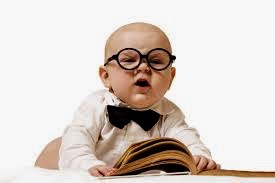
The complexity litigation issues has increased the need and use of expert witnesses, and just who can be one is sometime an issue in itself.
Some of the experts that I have utilized over years of estate litigation are geriatric psychiatrists, accountants and forensic auditors, and on occasion hand writing experts.
Very often the parties present evidence by the expert that they wish to call as to qualifications and experience testifying as an expert and then the cross examination, before the court rules on whether the evidence will be accepted as expert opinion.
Grewal v Khakh 2016 BCSC 2055 recently adopted the long established rule as first set out in Regina v Bunnis ( 1964) 44 C.R. 262 and adopted by the BCCA in Regain v Kinnie 1989 CarswellBC 205 at paragraph 12:
.. The test to be applied by the judge was, if I may say with respect, correctly stated by Tyrwhitt-Drake C.C.J. in Regina v. Bunniss (1964), 44 C.R. 262 at 264. The judge was stating the effect of the definition of an expert witness given by Lord Russell of Killowen C.J. in The Queen v. Silverlock, [1894] 2 Q.B. 766. Tyrwhitt-Drake C.C.J. said this:
From this it is clear that so long as a witness satisfies the Court that he is skilled, the way in which he acquired his skill is immaterial. The test of expertness, so far as the law of evidence is concerned, is skill, and skill alone, in the field in which it is sought to have the witness’s opinion. If the Court is satisfied that the witness is sufficiently skilled in this respect for his opinion to be received, then his opinion is admissible.




